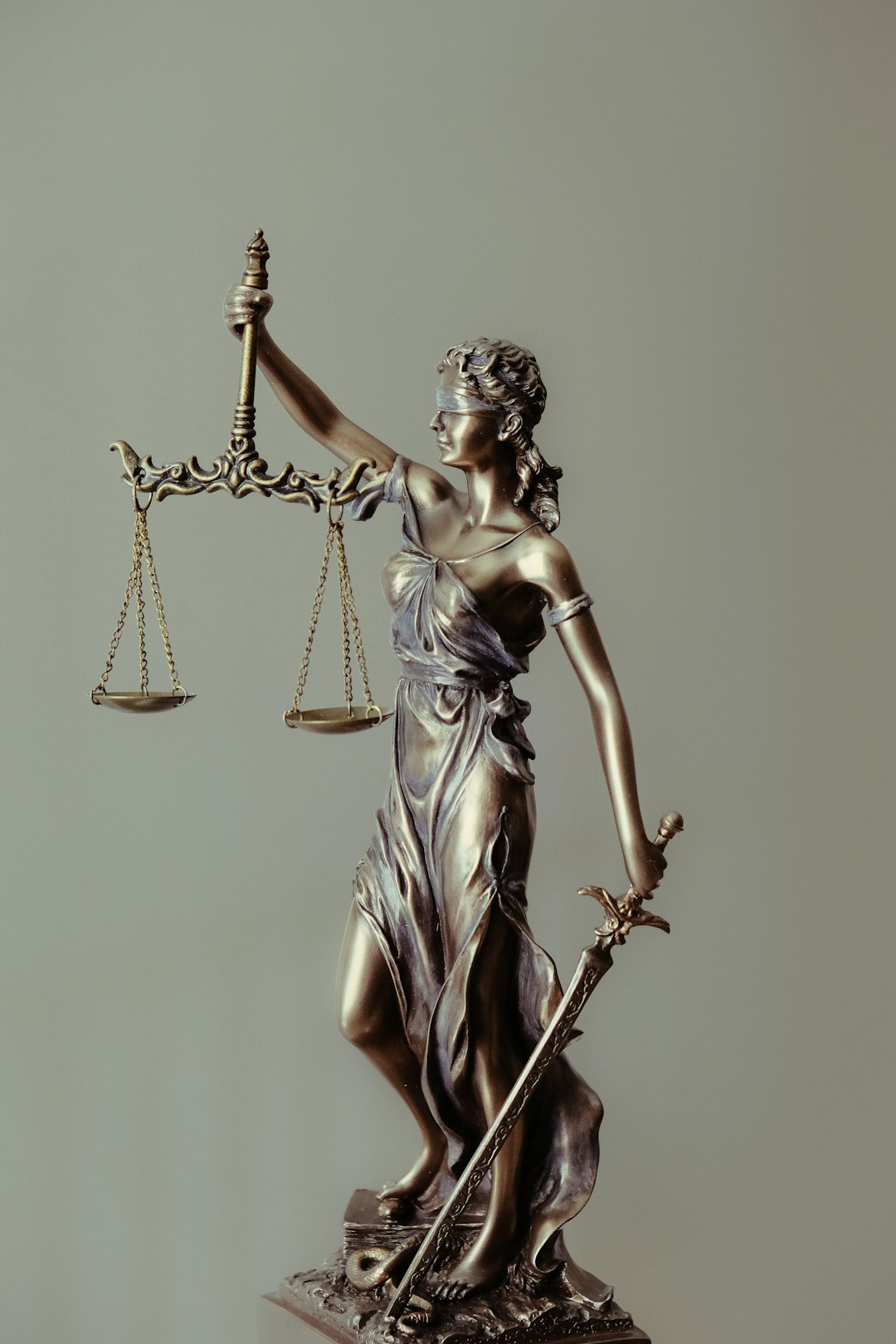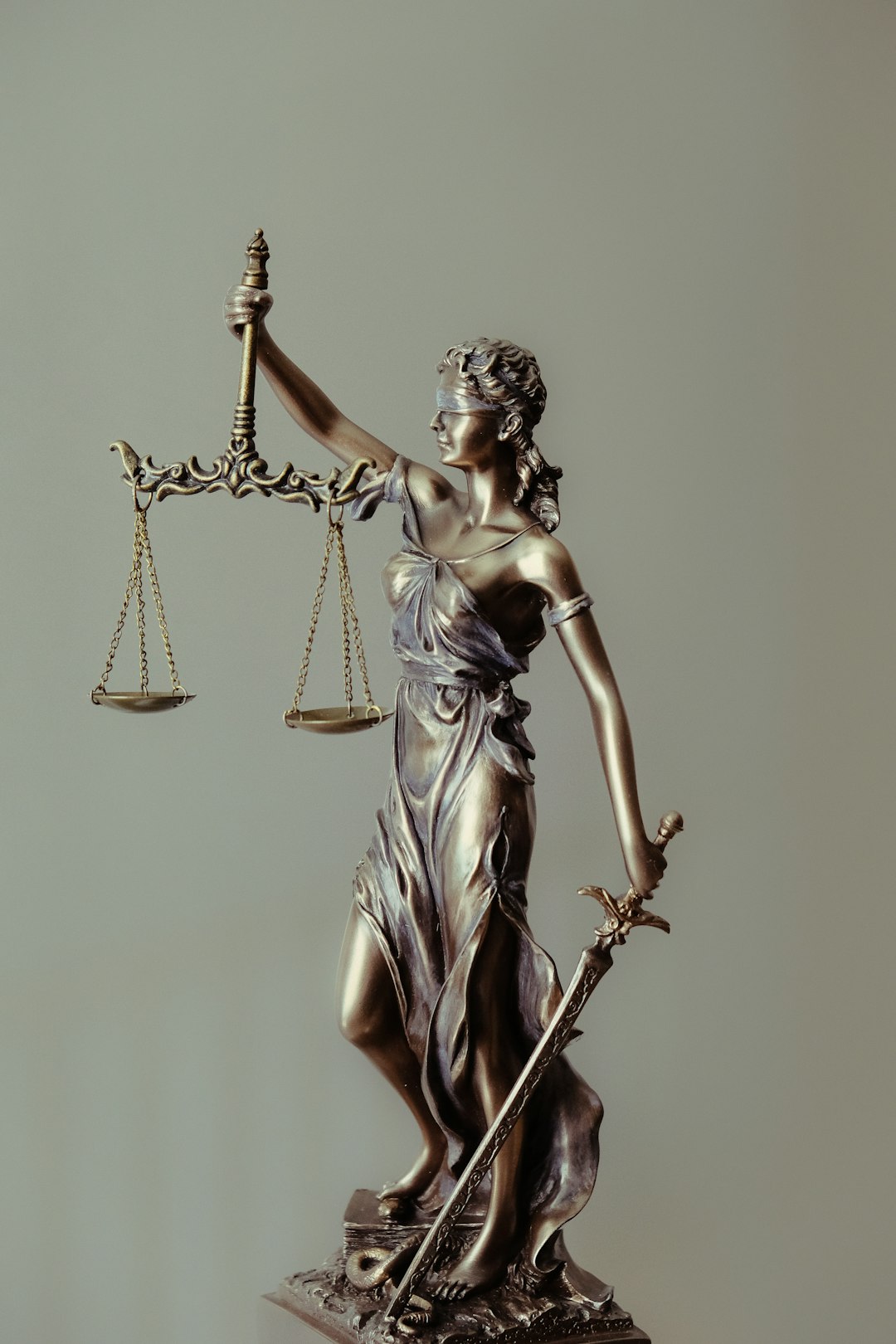In Kansas, a robust legal framework protects students from sexual exploitation through state laws and regulations. Schools are legally bound to implement stringent protocols, including background checks, safe reporting systems, and educational programs on consent. School abuse attorneys play a crucial role in enforcing these laws, training staff, conducting investigations, and advocating for victims' rights while maintaining institutional integrity.
In Kansas, the legal obligations of schools extend far beyond academics, encompassing the prevention and handling of sexual abuse. This comprehensive guide explores Kansas laws designed to safeguard students from school-related abuse. We delve into the specific policies and procedures schools must implement, including staff training requirements and reporting mechanisms. Additionally, we examine the critical roles of school attorneys in managing cases, ensuring a thorough and legally compliant response to protect both victims and institutions.
Legal Framework: Understanding Kansas Laws Against School Abuse

In Kansas, the legal framework to prevent and address school abuse is governed by a series of state laws and regulations designed to protect students from sexual exploitation and assault. These laws not only mandate reporting procedures but also establish clear guidelines for schools to follow in responding to allegations of abuse. The Kansas Sexual Predator Registration Act requires individuals convicted of certain sex crimes to register with local law enforcement, providing a crucial tool for communities to stay informed about potential risks.
Moreover, the state’s educational institutions are subject to stringent protocols outlined in the Kansas School Code and the Kansas Administrative Regulations. These regulations mandate that schools implement policies prohibiting sexual harassment and abuse, provide training for staff and students on prevention, and establish safe reporting mechanisms. School abuse attorneys in Kansas play a vital role in ensuring these laws are enforced and that victims’ rights are protected within the educational system.
Obligations of Schools: Policies and Procedures for Prevention

Kansas schools have a legal obligation to create and implement policies and procedures aimed at preventing and addressing sexual abuse within their premises. This includes conducting thorough background checks on all staff, volunteers, and contractors to ensure no individuals with a history of sexual misconduct are employed or allowed access to students. Schools must also establish reporting mechanisms that encourage students and staff to come forward without fear of retaliation, promptly investigating any allegations of abuse, and providing support services to victims.
Furthermore, schools should offer comprehensive education programs on consent, healthy relationships, and personal boundaries to all students, adapting the curriculum to age-appropriate levels. Regularly updating and reviewing these policies in collaboration with legal experts and school communities is essential to ensure their effectiveness and alignment with evolving laws. Engaging parents and guardians through informational sessions can also foster a culture of awareness and collective responsibility in safeguarding students from sexual abuse, ultimately enhancing the safety of Kansas schools with the support of school abuse attorneys Kansas.
Training Requirements for School Staff: A Key Component

In Kansas, addressing sexual abuse within schools is a multifaceted responsibility, and training staff is a critical step in prevention. School administrators and educators must receive comprehensive training to identify potential red flags, understand policies related to reporting and response, and be equipped to handle sensitive situations with care and expertise. These requirements are not just legal obligations but also crucial components of fostering a safe learning environment.
The specific training should cover recognizing signs of abuse, understanding consent, and the appropriate protocols for handling allegations. School abuse attorneys in Kansas emphasize that this training must be ongoing, as it allows staff to stay updated on best practices, legal developments, and effective strategies to prevent and respond to sexual misconduct. Regular sessions can also encourage open communication about these issues within the school community.
Reporting and Investigation: The Role of School Officials

In the event of suspected or reported sexual abuse within Kansas schools, school officials bear a significant legal obligation to act swiftly and appropriately. This involves implementing robust reporting protocols, ensuring that all allegations are taken seriously and investigated promptly by trained personnel. School administrators, teachers, and staff members are typically required to report such incidents to designated authorities, such as local law enforcement or child protective services.
The role of school officials in these cases extends beyond initial reporting. They must conduct thorough investigations, gathering evidence and interviewing relevant parties while maintaining the confidentiality of all individuals involved. Effective investigation practices not only help protect potential victims but also serve as crucial tools for school abuse attorneys in Kansas who support survivors and seek justice.
Responsibilities of School Attorneys in Handling Sexual Abuse Cases

In Kansas, school abuse attorneys play a crucial role in navigating complex legal issues surrounding sexual abuse within educational institutions. When faced with allegations or incidents of sexual misconduct involving students, schools are required to act swiftly and responsibly. This includes engaging the expertise of skilled school abuse attorneys who can guide them through the legal process, ensuring compliance with state laws and regulations.
These attorneys possess specialized knowledge in handling sensitive cases, offering strategic advice on investigation protocols, policy revisions, and potential legal defenses. Their involvement is essential for protecting the rights of both victims and institutions, as they help establish fair procedures while maintaining a safe learning environment for all students.




